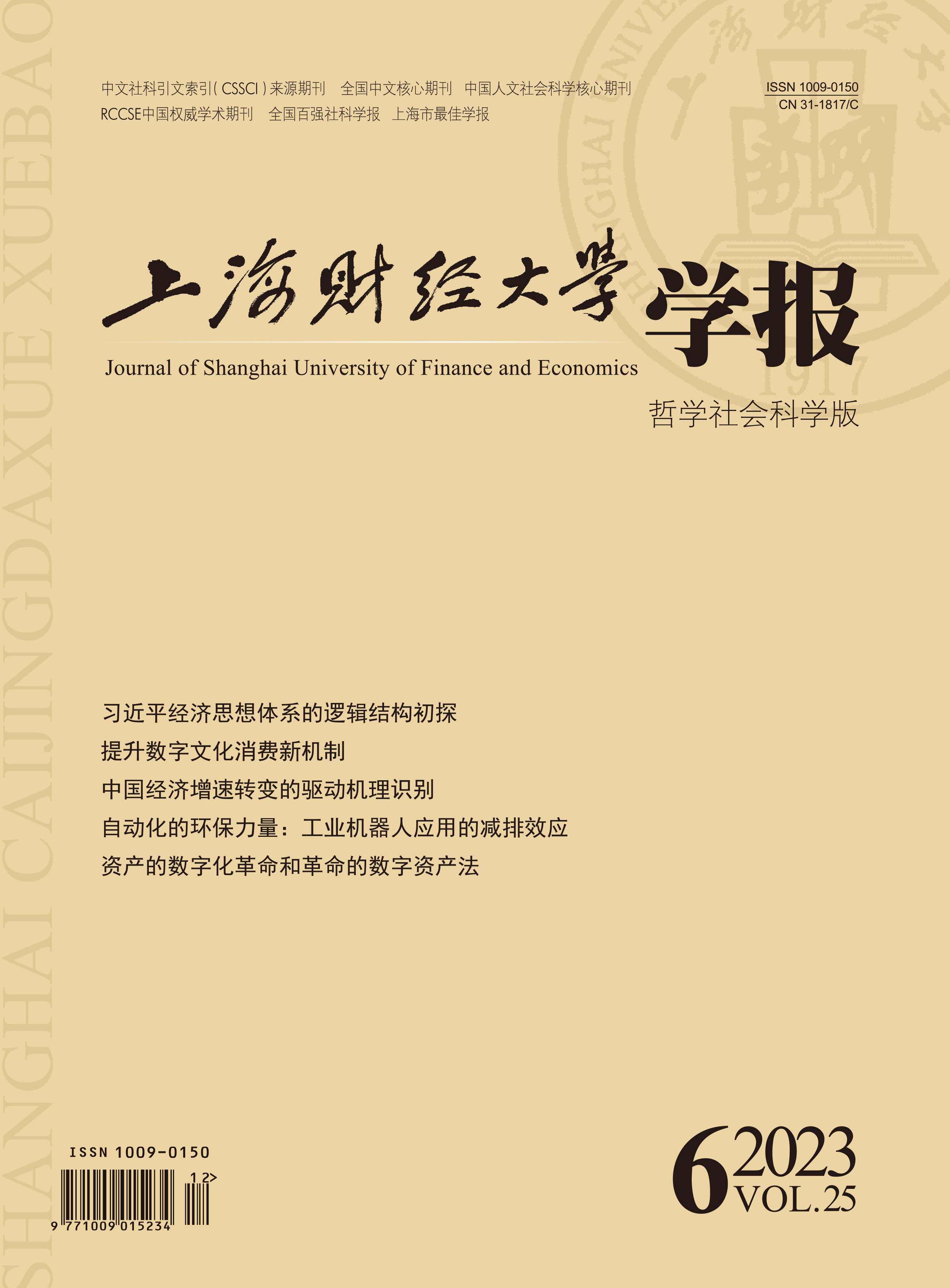Technology has brought about the “digital revolution” of assets, and digital assets have become an important part of social and economic life. The listing and issuance of digital assets combined with the real economy is just around the corner, providing more opportunities for the development of the digital economy and requiring strong legal protection. The identification and authoritative recognition of the concept of digital assets in the theoretical, practical or legislative circles of various countries are lacking, but the classified expression of digital assets by foreign scholars, the specific expression of the connotation of digital assets in foreign laws, and the judicial recognition of the property attributes of digital assets provide useful references for the legislation of digital assets in China. The digital revolution of assets must be guaranteed by the revolutionary digital assets law. The identification of the legal concept of digital assets is not only related to the transaction itself, but also will greatly affect many legal relationships involving digital assets such as infringement, bankruptcy, inheritance, trust, guarantee, investment, and financing. Due to the vague and abstract provisions of Article 127 of China’s Civil Code, and the fact that digital assets themselves are a new type of property, existing legal rules are difficult to provide comprehensive protection, and the identification and characterization of digital assets have become difficult. Although Article 127 of China’s Civil Code provides space for expanding interpretation of the legal protection of digital assets from the legal level and is the legal basis for the protection of digital assets, there is a lack of accurate positioning of its superior concept of network virtual property. In judicial practice, judges have great differences in the identification of its legal essence and basically adopt a negative attitude towards the protection of relevant rights and interests. To this end, lawmakers can identify the concept of network virtual property and define it as the object of property rights on the basis of expanding the interpretation of Article 127 of China’s Civil Code. As Article 127 of China’s Civil Code is a guide clause, it is necessary to formulate a separate law, namely the Digital Assets Protection Law, to classify and protect digital assets on the basis of strictly distinguishing between traditional network virtual property and digital assets, and establish a rule of “ownership is on control” to clarify the ownership of digital assets and clearly stipulate the private law protection of digital assets, so as to solve the problems related to bankruptcy,inheritance, trust, guarantee, investment, and financing.
 / Journals / Journal of Shanghai University of Finance and Economics
/ Journals / Journal of Shanghai University of Finance and EconomicsJournal of Shanghai University of Finance and Economics
LiuYuanchun, Editor-in-Chief
ZhengChunrong, Vice Executive Editor-in-Chief
GuoChanglin YanJinqiang WangWenbin WuWenfang, Vice Editor-in-Chief
Digital Revolution of Assets and Revolutionary Digital Assets Law
Journal of Shanghai University of Finance and Economics Vol. 25, Issue 06, pp. 119 - 135,152 (2023) DOI:10.16538/j.cnki.jsufe.2023.06.009
Summary
References
Summary
Keywords
Cite this article
Chen Xueping. Digital Revolution of Assets and Revolutionary Digital Assets Law[J]. Journal of Shanghai University of Finance and Economics, 2023, 25(6): 119-135.
Export Citations as:
For
ISSUE COVER
RELATED ARTICLES




 5193
5193  10793
10793

